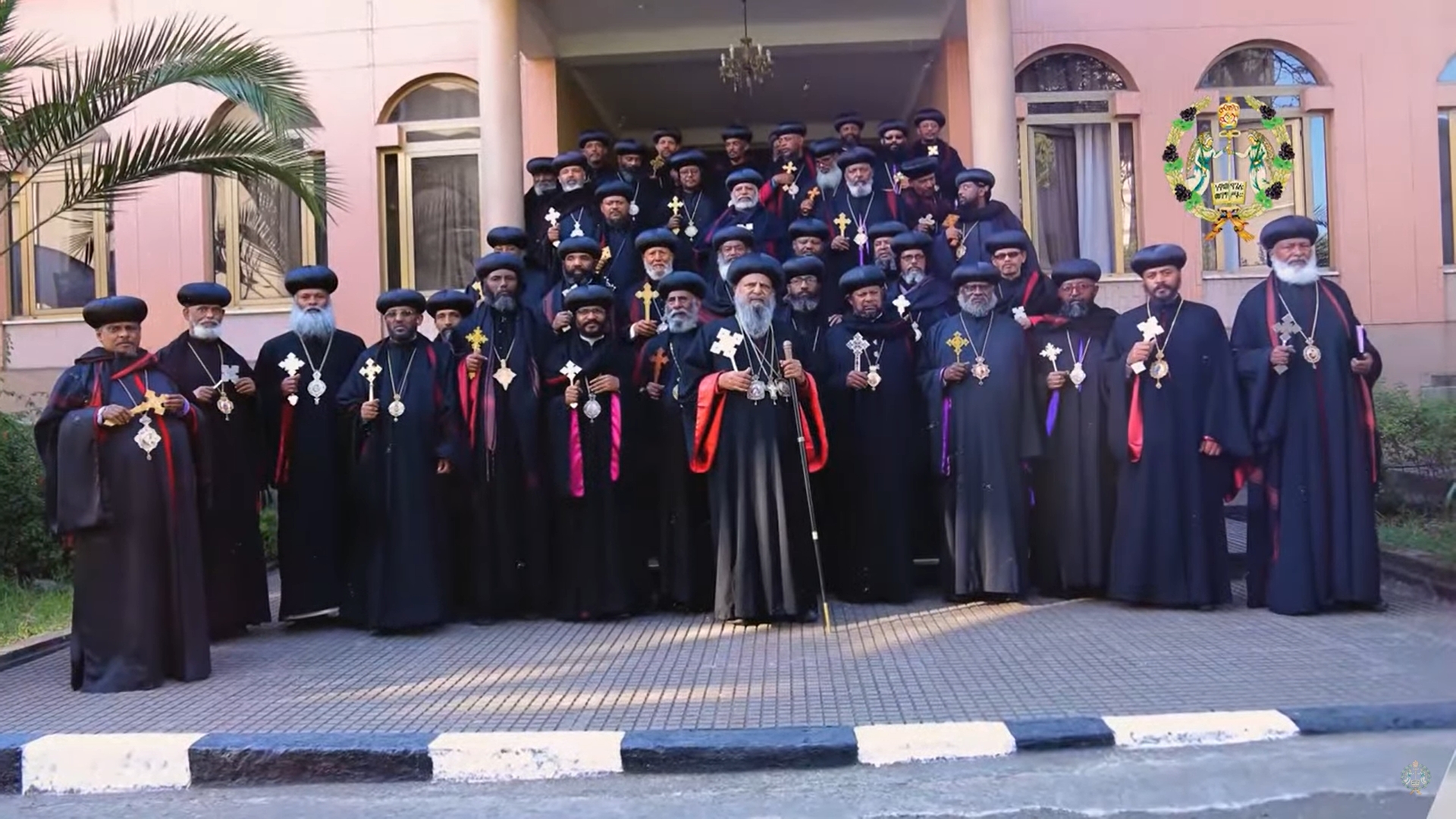The
Permanent Synod of the Ethiopian Orthodox Tewahedo Church published a statement
yesterday condemning Western nations' attempts to "advance homosexuality
and same-sex relationships" in Ethiopia "through implicit political
and economic pressure."
The
synod strongly exhorted the Ethiopian government to reject any agreements or
influences that favor homosexuality.
"It
is apparent that certain Western countries have incorporated these practices
into their laws and social norms, deeming them justifiable elements of
inclusivity and equality," the statement went on to say.
"Concurrently, they are exerting continuous pressure on African and
Eastern nations that steadfastly oppose such practices, with the aim of
eventual conformity."
The
religious leadership expressed concern that foreign governments and
organizations may be using routine diplomatic, trade, or development agreements
to "promote the normalization of homosexuality" in Ethiopian culture.
"According
to media and other sources, homosexuality and related activities are implicitly
integrated into trade, political, economic, justice, and humanitarian relations
through the formulation and implementation of agreements," the statement
went on to say. "This requires urgent investigation."
Although
no specific agreements were mentioned, the synod suggested that objectionable
terms could include approvals of "sexual education curricula,"
"sex reassignment surgery," or the promotion of "same-sex"
and "loose opposite-sex" activities.
The
statement highlighted that homosexuality is in conflict with deeply rooted
religious and cultural traditions in Ethiopia, noting that “same-sex marriage
is prohibited by law as per Article 13 of our nation’s amended family law.”
The
request for probes comes amid controversy over a reported agreement with the
European Union (EU), which some Ethiopian social media users claim promotes
homosexuality.
Last
week, the Inter-Religious Council of Ethiopia published a similar statement
criticizing the deal inked with the EU by African countries, including
Ethiopia, as well as Caribbean and Pacific states.
While
expressing support for cooperation, the council raised concerns about "sex
rights, gender change, abortion," and other concepts that it believes
contradict Ethiopian values.









0 Comments